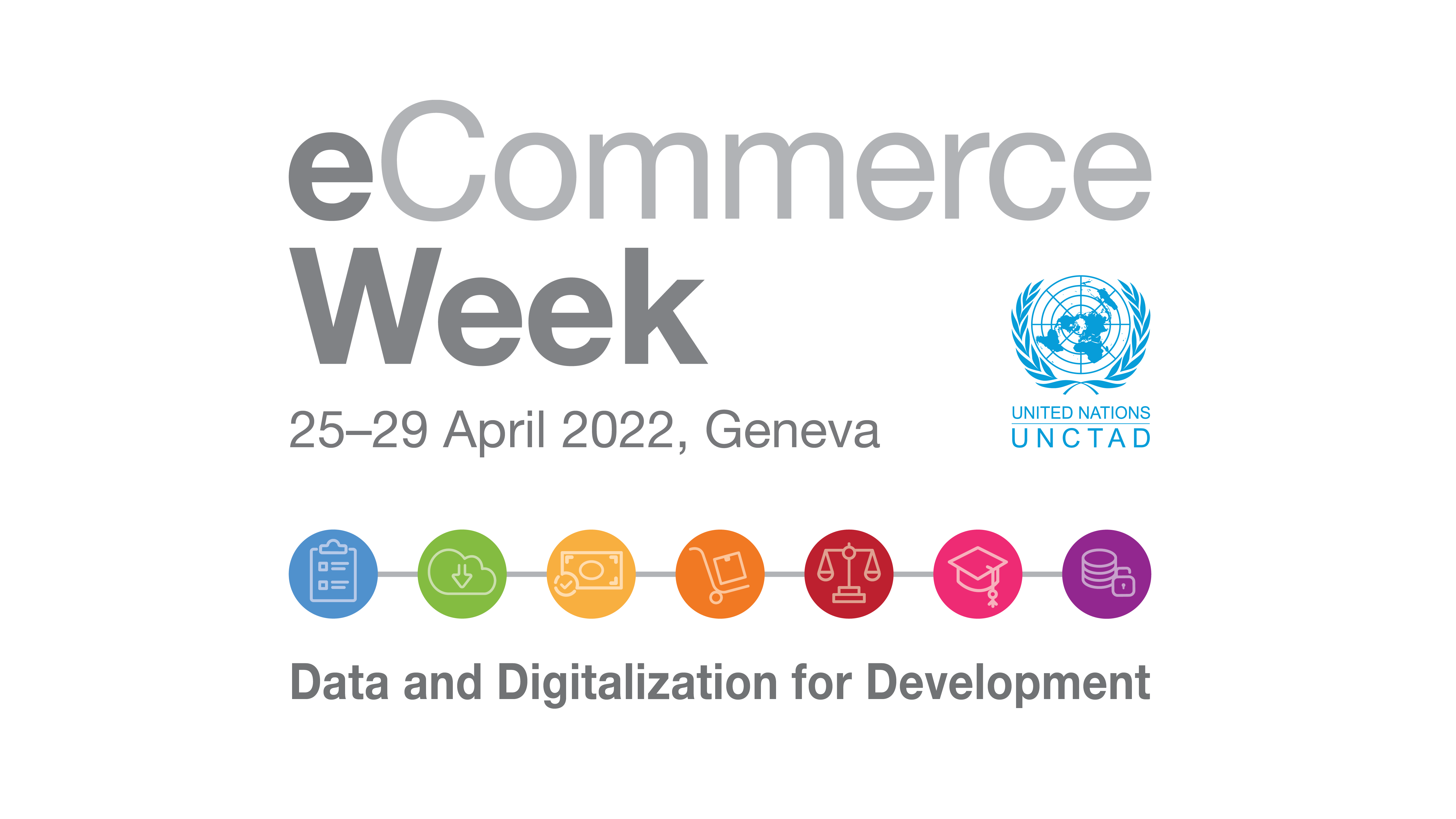From data to AI: Digital transformation competency framework for the public sector
27 Apr 2022 11:00h - 12:00h
Event report
There exists a data skill gap and needs among public sector officials, especially in the Global South. This session addressed the different dimensions we must consider when devising a better data governance strategy and introducing several human-centric, need-specific success stories in bridging the gap in both technological and human infrastructure.
Ms Renata Avila Pinto (eCommerce Civil Society representative, Open Knowledge Foundation), the moderator of the session, began the discussion by introducing the role the Open Knowledge Foundation (OKFN) plays in this digital era. Given the fast-paced nature of technology development, OKFN works with the public sector and civil servants all over the world to delineate and substantiate digital skills needed to use all the technological tools available to them and provide better public services.
Apart from technical infrastructure, Pinto emphasised the necessity of enhancing the human infrastructure as well, which concerns staff training, governing mentality shifting, and the establishment of a positive attitude towards adopting technological changes.
From waves of global digital surveys that UNESCO has conducted since 2013, Mr Prateek Sibal (Programme Specialist, UNESCO) pointed out that public officers across the world expressed concerns over the adoption of emerging technologies, such as artificial intelligence (AI). Struggles include a knowledge vacuum in terms of AI policy priorities, lack of human and technological capacity building, lack of a model of digital governance where technologies are well-incorporated in existing structures, and the renovation needed in human rights to include digital rights. Based on his experiences working with African countries, Mr ‘Gbenga Sesan (Executive Director, Paradigm Initiative) identified three gaps the public sector needs to address: 1) Knowledge gap: public officials might share a negative attitude toward technology due to a lack of understanding of its inner workings and a fear of being replaced by it. 2) Implementation gap: public officials who receive technical training might not be the street-level bureaucrats who have to implement and use the technologies. 3) Collaboration gap: public officials, parliamentary members, and security leaders might be detached from civil society, media, and academia.
In light of these gaps, Ms Florencia Serale (Open Data Consultant, Open Data Charter IWG) provided key areas in which public officials must be trained. Public officials must acquire a sufficient understanding of data and related technologies to procure AI tools pertinent to their work, comprehend the licensing terms of such technology, and balance the adoption of the tool with data protection requirements. Serale mentioned how working groups arranged by her organization bring together public officials and academia to discuss the data agendas and challenges that they face to exchange knowledge and good practices. She stressed the importance of facilitating better data governance and coordination between local and national public authorities to ensure aligned efforts in implementing data agendas. Pinto accentuated these points, stating that public infrastructure must be prepared with guiding frameworks and well-knowledged staff to face coming technological innovations. Acknowledging the budgetary and physical infrastructure constraints that confine many governments in the Global South, Pinto reiterated the cruciality of transferring knowledge, learning from each other, and consolidating successful models across the globe.
Sibal introduced two success stories of UNESCO. As AI became prevalent in the judicial sectors, many judicial operators, such as judges, prosecutors, and lawyers alike, felt the pressing need to comprehend how AI could strengthen access to justice, inhibit fair procedures with data biases, or replace their role. Hence, UNESCO gave an online course for more than 4000 judicial operators in 7 different languages and gathered relevant resources for their perusal. Sibal provided a key outline to understanding the need and concerns of practitioners, not just in the judicial system. He proposed that we first reach out to the hands-on practitioners, learn from their experiences, establish a community for them to exchange ideas, and move on to institutional changes, such as working with national and education institutions to train future practitioners.
Mr Ben Hur Pintor (Data Training Lead, Open Knowledge Foundation) offered another insightful case drawing from the training and consulting service that OKFN’s initiative School of Data provides. School of Data works with public service agencies all over the world and strategies their curriculum around openness, learning by doing, and tailor-fitting content to the participants. Its capacity-building approach starts with equipping public officials with fundamental data literacy and digital capabilities. It then moves on to a mentoring phase, whereby participants design their projects, incorporating technologies into their original workflow. This way, participants immediately apply what they just gained to their day-to-day tasks, honing specific skills while building confidence in adopting new techniques. This initiative is supported by local experts who are well aware of the contextual challenges each agency faces. Not only does such an initiative produce tangible outcomes, but it also enhances local agencies and adapted capacities.
By Yung-Hsuan Wu
Related topics
Related event

